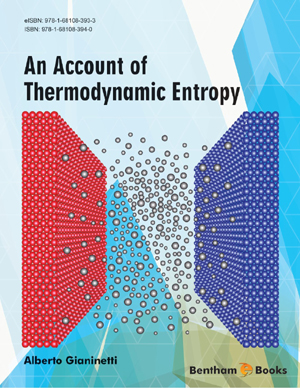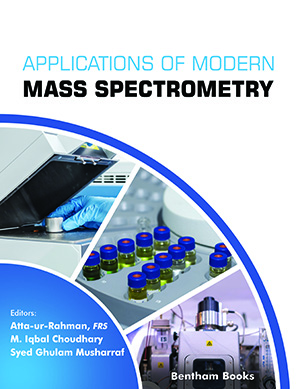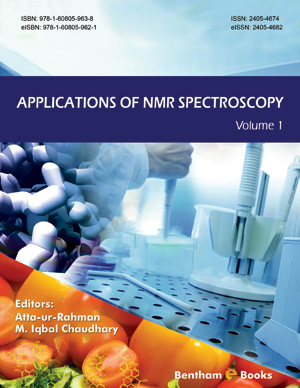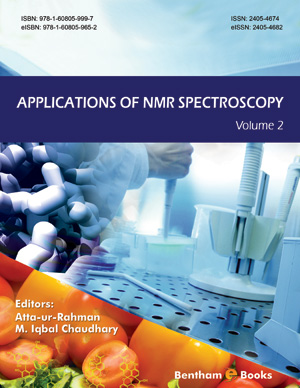Abstract
Semiconducting metal oxide nanomaterials are the future potential materials
for biomedical applications. Zinc oxide (ZnO) nanomaterials are developed by using
the organic synthesis process for excellent biocompatibility, selectivity, sensitivity,
good chemical stability, non-toxicity, and fast electron transfer properties. They have a
high surface-to-volume ratio that performs proper contouring on the human body to
feel comfortable. Recent advanced studies on these nanomaterials show that they are
promising materials for effective antibacterial and antifungal agents against a variety of
microbes. They also promise to provide advanced technology for biomedical
applications that can be used to destroy several types of malignant cells in the human
body. Moreover, they can be used as antibacterial agents in the human body. This
chapter briefly discusses the cost-effective approach to organically synthesizing ZnO
nanomaterials. Moreover, these ideas can be developed to characterize these materials
as biomaterials to perform easily upscaled in biomedical applications.






















